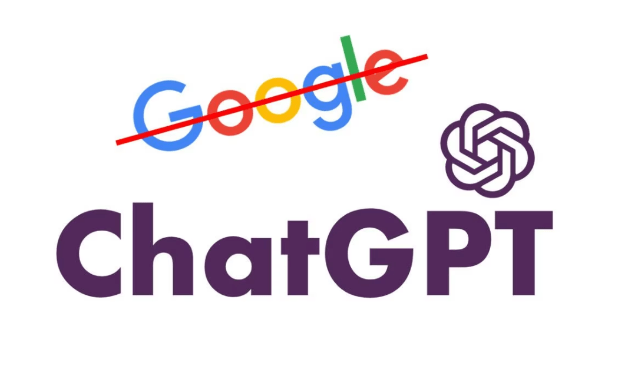The two names dominate global search trends in 2025: YouTube and ChatGPT. According to Semrush, the word “YouTube” is typed into search bars about 1.38 billion times every month, making it the most-searched term worldwide. Right behind it is “ChatGPT”, with about 618 million monthly searches.
This highlights how people today prioritise two key aspects above all: entertaining and helpful videos, as well as quick answers from innovative AI tools. Together, these both capture what internet users are looking for: visual learning and instant help.
What’s Fueling YouTube’s Search Dominance?
YouTube is far more than a video-sharing site; it has become a one-stop platform for nearly everything. People watch music videos, tutorials, reviews, news, and even live events all in one place. This variety makes it appealing to audiences of all ages and interests.
In reality, in the U.S., YouTube already accounts for 12% of total television time consumed. Experts also forecast that it will generate approximately $70 billion in revenue by 2026 and have a market value of nearly $490 billion. To Alphabet, the parent company of Google and YouTube, both platforms are not only popular but also financially influential.
Why Everyone’s Searching on Google for ChatGPT
ChatGPT expanded at an impressive pace. In 2024, it surpassed 365 billion searches within a single year, something Google had achieved in 11 years. Its success is all about keeping things simple.
Rather than navigating websites, users can pose a query to ChatGPT and receive a straightforward, human-sounding response. Be it homework assistance, trip planning, or even investment advice, ChatGPT quickly response in a manner that sounds natural and conserves time.

How does ChatGPT replace traditional searching?
More individuals are beginning to utilise AI tools such as ChatGPT rather than traditional search engines. In America, research indicates that 55% of the population uses generative AI for purposes such as planning, composing emails, or troubleshooting technical issues.
Nevertheless, Google is still a behemoth. It processes more than 14 billion searches daily, compared to an estimated 37.5 million for ChatGPT. And when it comes to news, Google directs approximately 9.5 billion clicks to news websites, compared to ChatGPT’s 25 million. For the moment, at least, traditional search engines are still ahead in sheer size.
Why are Users More Likely To Use ChatGPT?
YouTube and ChatGPT are unique in that they meet two fundamental requirements: entertaining content and providing fast, accurate answers. YouTube brings people together through informative, inspirational, and fun videos shared by millions, and ChatGPT offers immediate, chat-like solutions without the inconvenience of navigating multiple sites.
They collectively highlight how search is evolving from basic keyword searches to more interactive, consumer-centric experiences. This transition marks a new world where humans look to platforms that genuinely understand their intentions and act in the best manner, either through surround video or AI-driven conversation. In setting those habits, YouTube and ChatGPT are creating the future of web search.
Where AI Gets Its Information
AI software doesn’t cherry-pick answers from a single location. They harvest data from all over the web, but some sites are referenced more frequently than others. Surprisingly, Reddit is now the most commonly referenced source, accounting for roughly 40% of AI references.
Wikipedia, YouTube, and even Google trail behind. This trend illustrates how people are increasingly relying on user-generated content, where everyday users give their own experiences and tips.
In Summary
YouTube and ChatGPT lead search because they fulfil two strong desires: entertainment and valuable solution of users’ queires. YouTube unites people through visual content, whereas ChatGPT provides quick assistance in a chat-like format. Together, these two transforming how the Internet operates.
